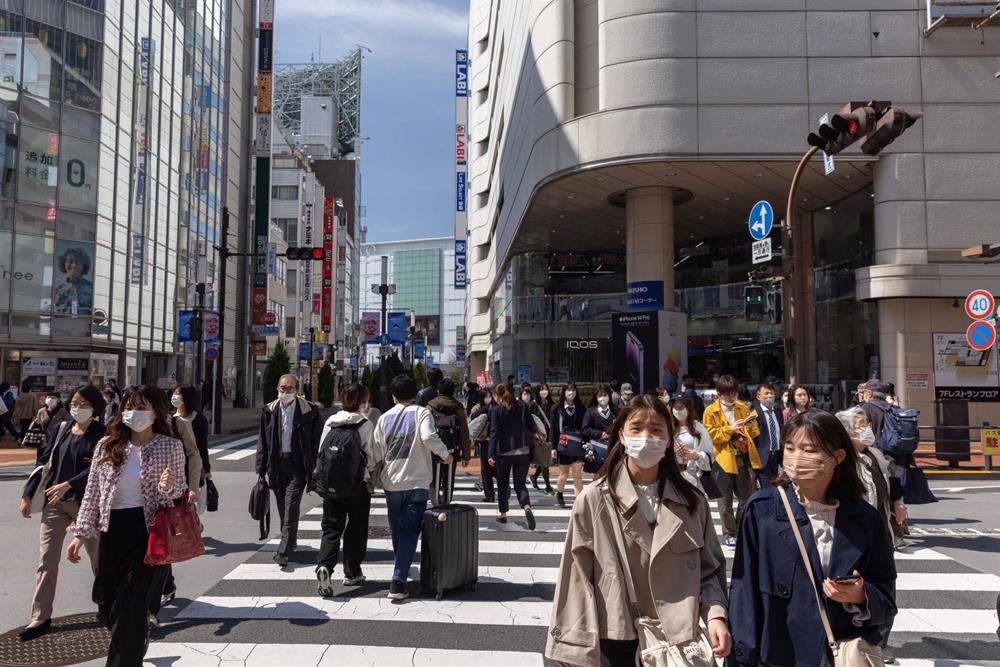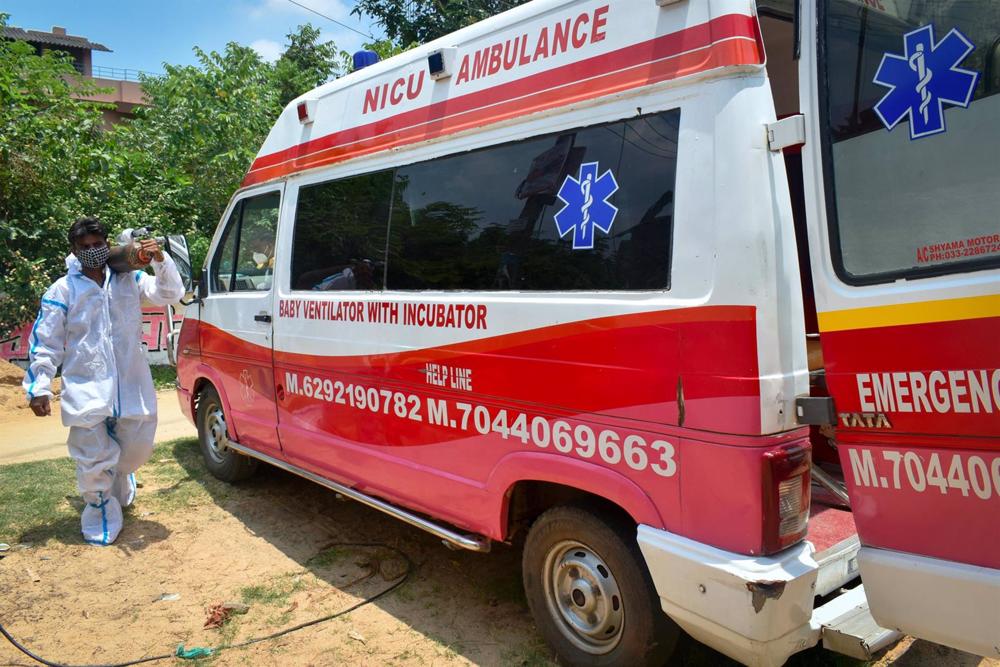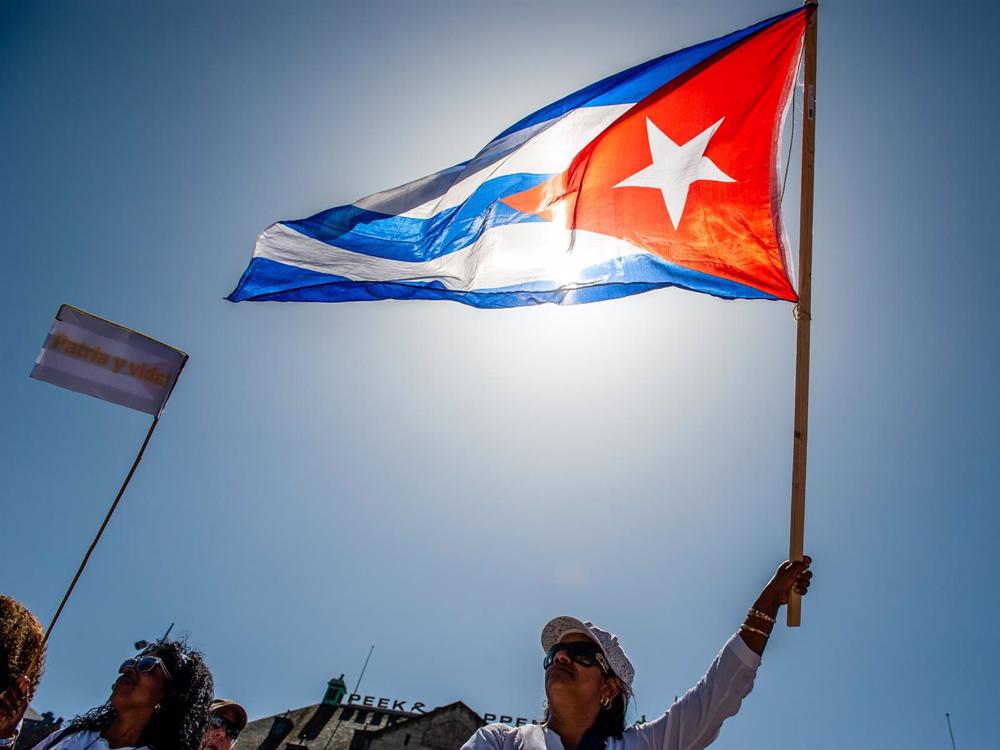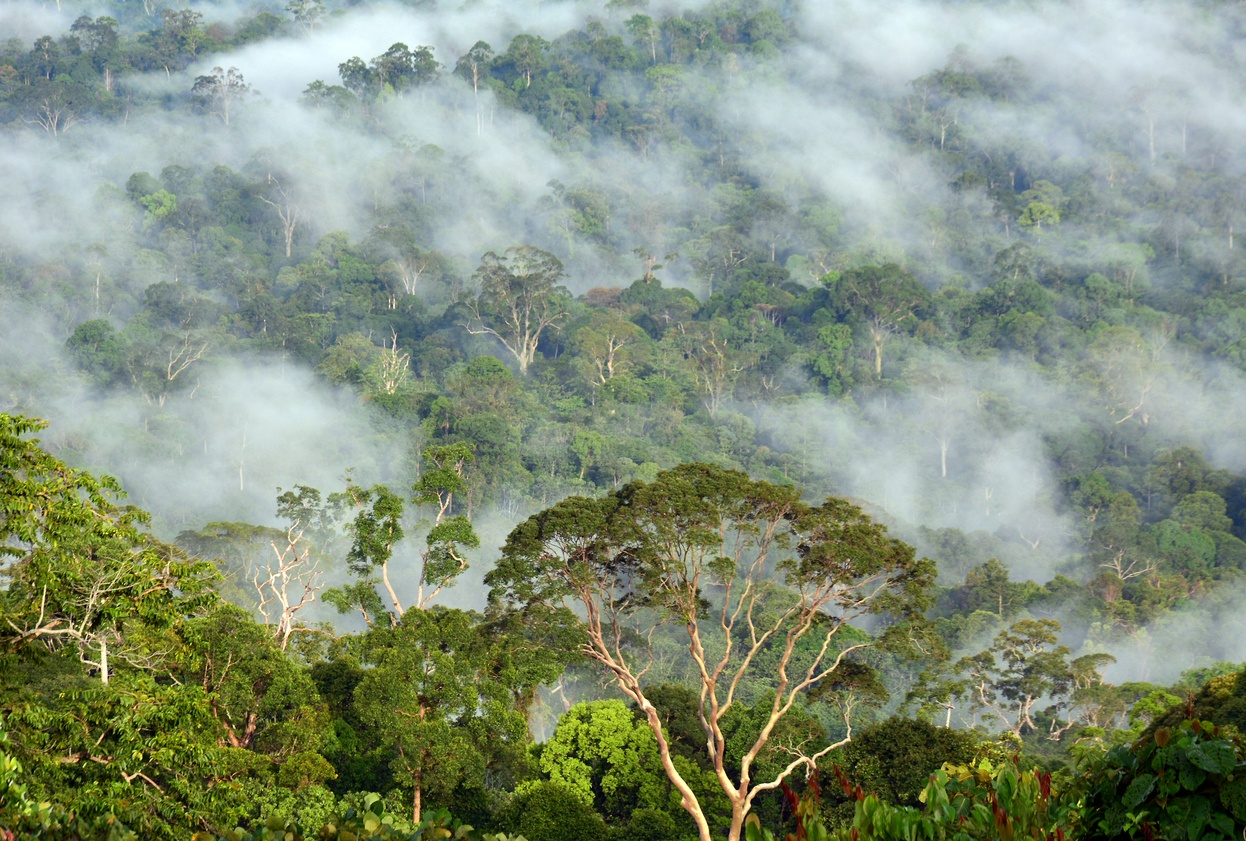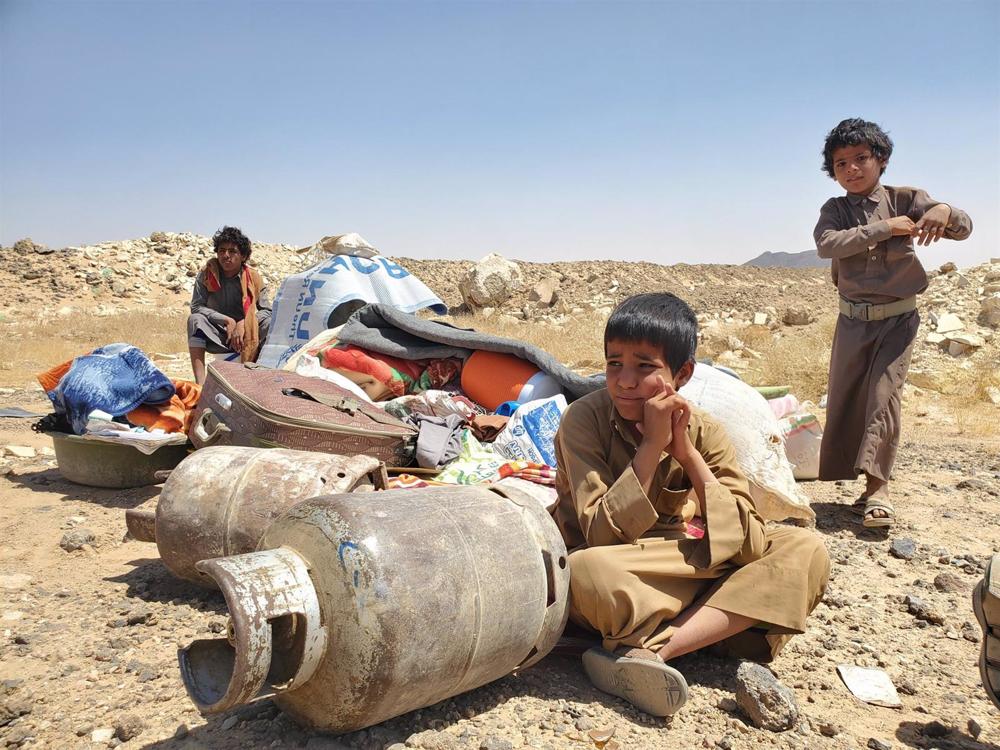
The United Nations Children’s Fund (UNICEF) warned on Monday that nearly 37 million children worldwide have been victims of «massive displacement» due to crises and armed conflicts, a figure unprecedented since World War II.
During the presentation of its Humanitarian Action for Children (HAC) Report for 2023, the UN agency recalled that «more and more children are exposed to historic droughts and floods due to the effects of climate change», to which has been added «the proliferation of conflicts, political instability, the consequences of the pandemic of COVID-19 and increasing migratory movements».
In a year that began with 274 million people in need of humanitarian assistance and protection, the situation has worsened exponentially throughout 2022, especially due to the war in Ukraine and food insecurity.
Thus, José María Vera, executive director of UNICEF Spain, has lamented that since 2015 «the number of children who in one way or another are in need of humanitarian assistance has tripled» due to the «combination of several crises.» «This is called a polycrisis and has been reinforced by COVID-19 and has fragilized health systems,» he explained before stating that «this has meant a setback in poverty indicators and vaccination processes» worldwide.
In this sense, he warned that more than 400 million children live in conflict zones, while some 1 billion face «extreme vulnerability», especially in countries in the midst of armed conflicts. This is an unprecedented situation «that is affecting children» and makes humanitarian aid «essential» to save their lives.
«This is exacerbated in situations of conflict that become entrenched (…) The climate change crisis is already significantly affecting thousands of children around the world, such as the drought in the Horn of Africa and the floods in Pakistan,» Vera pointed out, before adding that «all this combined has led to almost 37 million children being displaced, the highest number in recent decades.
According to Vera, who stressed the importance of psychosocial support and access to clean water, some six million children face «sexual exploitation and abuse» worldwide.
«We are aware that what we do is not enough, more is needed because it is an unprecedented situation that leads us to have to redouble our efforts in places like Afghanistan or Ukraine, but also in forgotten areas that have the biggest gaps in their funding,» she stressed.
He therefore appealed for $10.3 billion (9.7 billion euros) to help millions of children. «I call on all our partners to step up urgent humanitarian action in an appeal focused on saving lives,» he has maintained.
He also denounced that the situation is particularly critical in countries such as Afghanistan, Ukraine, Syria, the Democratic Republic of Congo and Ethiopia, while the report points out that eight million children under the age of five live in some fifteen countries in the midst of a serious crisis.
SITUATION IN JORDAN Joana Perez, UNICEF’s Partnerships and Resource Mobilization Advisor for the Middle East and North Africa, highlighted the case of Jordan, which has «one of the highest levels of refugees per capita in the world». «If we were to make the comparison with Spain, it is as if Spain has received 3.5 million refugees. This is the weight and hospitality of the Jordanian people,» he stressed.
«This region is characterized precisely by that, by refugees and internally displaced persons. The number of refugees in the region has been established, but the number of IDPs continues to rise, with 30 percent more. This region has been affected by conflicts but also by impressive heat waves that affect access to drinking water. We are seeing the consequences of climate change here,» he warned.
In addition, he pointed out that this year alone 580 children have died in the region, which is a «catastrophe» and an «unacceptable» figure that should make the international community react. «Yemen is one of the most complex humanitarian crises and is the country with the highest number of internally displaced people in the world, and the impact of the war is devastating,» he recalled.
At this point, he stressed the importance of «remembering conflicts like the one in Syria,» which began twelve years ago. «As you know, refugees from Syria have mostly left the country and are in countries such as Turkey, Iraq, Egypt,» he said before adding that refugees are largely confronted with «hateful rhetoric.»
However, he has emphasized the «great solidarity seen in Ukraine», an issue that «gives hope». «We are in solidarity, suffering has no passport,» he has concluded.
UKRAINE AND HUMANITARIAN MOBILIZATION The case of Ukraine has been in the spotlight after the international community has turned to the country since the Russian invasion began at the end of February. Afshan Khan, UNICEF director for Europe and Central Asia and special coordinator for the response to the Refugee and Migrant Crisis in Europe, has emphasized that this is the «largest humanitarian mobilization worldwide».
«We thank those who have supported UNICEF since February, which has provided access to medical treatment and clean water (…) 1.3 million children have received educational support and 400,000 households with vulnerable families have received money,» he summarized.
However, he warned that children in Ukraine are about to face «one of the darkest winters, with temperatures already dropping in some of the coldest parts of the country, where blackouts are occurring due to lack of fuel».
The data collected by UNICEF does not include the number of children displaced due to poverty or climate change, nor those who have been displaced by the Russian invasion of Ukraine, which has caused the most severe humanitarian crisis in the shortest period of time since the 1940s.
The document also notes that many children continue to live in «limbo» because they lack official migration status or access to education or basic medical treatment and recalls that conflict accounts for 80 percent of humanitarian needs. «From Ukraine to Yemen, from Ethiopia to Nigeria, parties must respect the basic rule of war: protect children.
